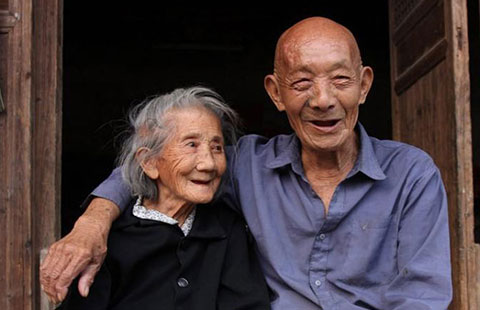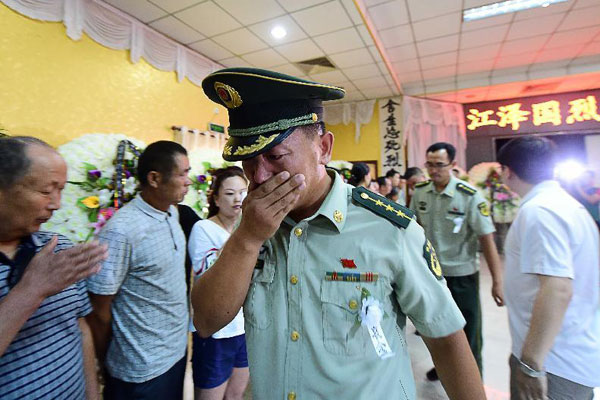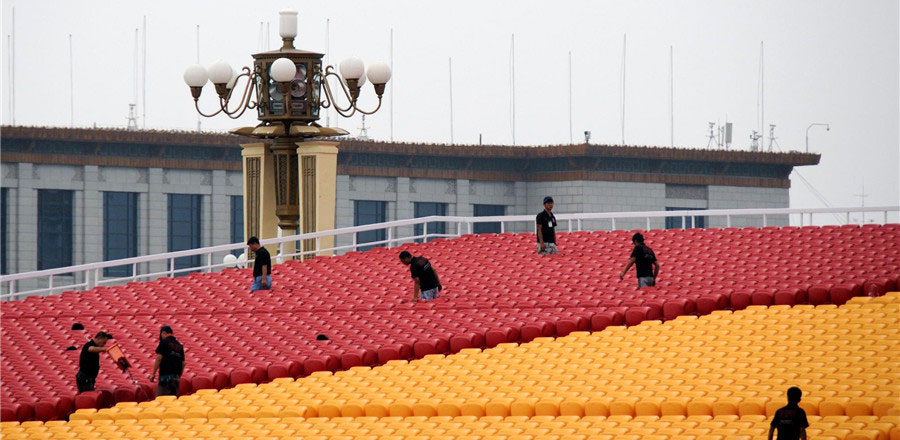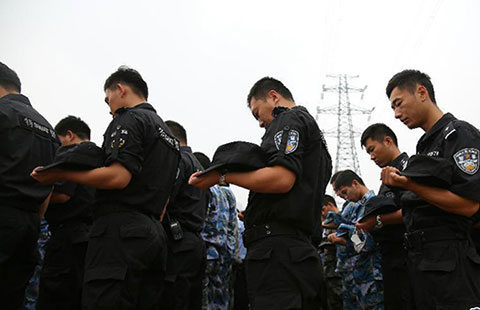

Legal means will resolve non-resident wives issue
Executive Councilor Cheng Yiu-tong believes Leung Chun-ying will find the solution to the thorny problem of pregnant women from the mainland having their babies in Hong Kong. Cheng also agrees that public hospitals ought to admit mainland women who are married to local residents.
Earlier, Leung had said private hospitals should not accept pregnant women whose husbands are non-residents (ie the "double-no" women) in 2013. The incoming CE continued that he could not guarantee that children born of non-local parents would enjoy right of abode even if the children are born in Hong Kong.
In April, Cheng met Wang Guangya, director of the Hong Kong & Macao Affairs Office, in Beijing to discuss the "double-no women" issue.
After the meeting, Cheng quoted Wang as saying that the administrative measures taken by mainland and Hong Kong authorities to stem the tide, could yield only temporary results. To resolve the problem thoroughly, Wang said legal means must be adopted and he hoped there would be progress within this year.
Cheng told China Daily the solution might mean something written in law, to remove the permanent residency of children born to non-local parents.
"Right of abode is the biggest incentive for mainland women giving birth here," he said.
Cheng further said in 1996, the Preparatory Committee published opinions as to who should be entitled to right of abode in Hong Kong, but the judgment on the Chong Fung-yuen case in 2001 resulted in a mess because the court did not heed such documents.
"Hong Kong must resolve the problem because it originated from Hong Kong," Cheng said, noting that some have suggested the court revisit the issue when a similar case arises.
He also knows pro-establishment lawmaker Jeffrey Lam has proposed a private bill, to remove the permanent residency of children who are born here when neither parents is a Hong Kong permanent citizen. If this legislation were passed, the relevant section of the Immigration Ordinance would be rolled back to its pre-2001 version.
But Cheng doubted that a private bill would be carried by the Hong Kong Legislative Council, since it requires more than half the votes from the geographical and functional constituencies.
If the government takes over the bill, a simple majority can carry the bill. "It depends on whether the government is willing to do so," he commented.
Cheng: People are watching filibuster
Executive Councilor Cheng Yiu-tong says the opposition could pay at the polls if they delay a government reorganization plan after July 1. That's the date the new administration will be sworn in and the date CE-Elect Leung Chun-ying wants to implement the changes.
"Let them play the filibustering game. If the plan was pulled down in the end, the people would have eyes to see what they have done."
It is a reasonable plan, said Cheng, and the Chief Executive-elect has every right to reorganize the government structure.
The restructuring includes the new posts of deputy chief secretary and deputy financial secretary.
The Legislative Council has the authority to examine and approve creation of new ministerial posts but should not obstruct the restructuring proposal or say the reorganization plan won't work, Cheng argued.
"The new CE sees the need to create the two top ministerial posts, which are permitted by the Basic Law, and he is just exercising the power therein," Cheng said.
"It is unreasonable to say these two posts will result in an additional structure or to say government will become fat by reason of these new posts," he contended. "As the new CE, he has every right to reshuffle the government structure. In fact, reshuffles have taken place every time the government has changed hands."
Cheng added LegCo has no authority to vet candidates for ministerial appointments because that authority falls to the Chief Executive, not LegCo. It is the CE who decides on the roles and duties of the ministerial officials.
He said the effort by the opposition camp to defer passage of the restructuring to July 18 — the last LegCo meeting of the current legislative term — is not in the interest of the new administration.
"I am not saying the passage of the reorganization plan after July 1 will deal a devastating blow," he commented. "But as we know the new CE and his cabinet will be sworn-in and assume office on July 1, the operation of the new government will be affected if the restructuring plan is delayed. Critics should not question the effectiveness of the reorganization at the very beginning. Instead, they should give the new government time to move on."
He also had some advice for the incoming Chief Executive. "I have told CY to try his best to get the reorganization plan passed before July 1 with an open mind," he said. It is also a fair arrangement for each of the 14 policy secretaries to have the service of an undersecretary and political assistants, but he is not sure of the actual arrangement. "Political talents do not come from nowhere and they need exposure to gain actual experience," said Cheng, adding that the Hong Kong Federation of Trade Unions has nominated a few persons.
Bio
Cheng Yiu-tong is a veteran labor leader, recently nominated as honorary president of Hong Kong Federation of Trade Unions, the largest workers' union in Hong Kong, moving to a back-seat role after serving as the federation's president and chairman for more than a decade. He is the longest serving non-official member of the Executive Council, having served since the Tung Chee-hwa administration in 2002. He has also been a Hong Kong-based deputy to the National People's Congress since 1988.







